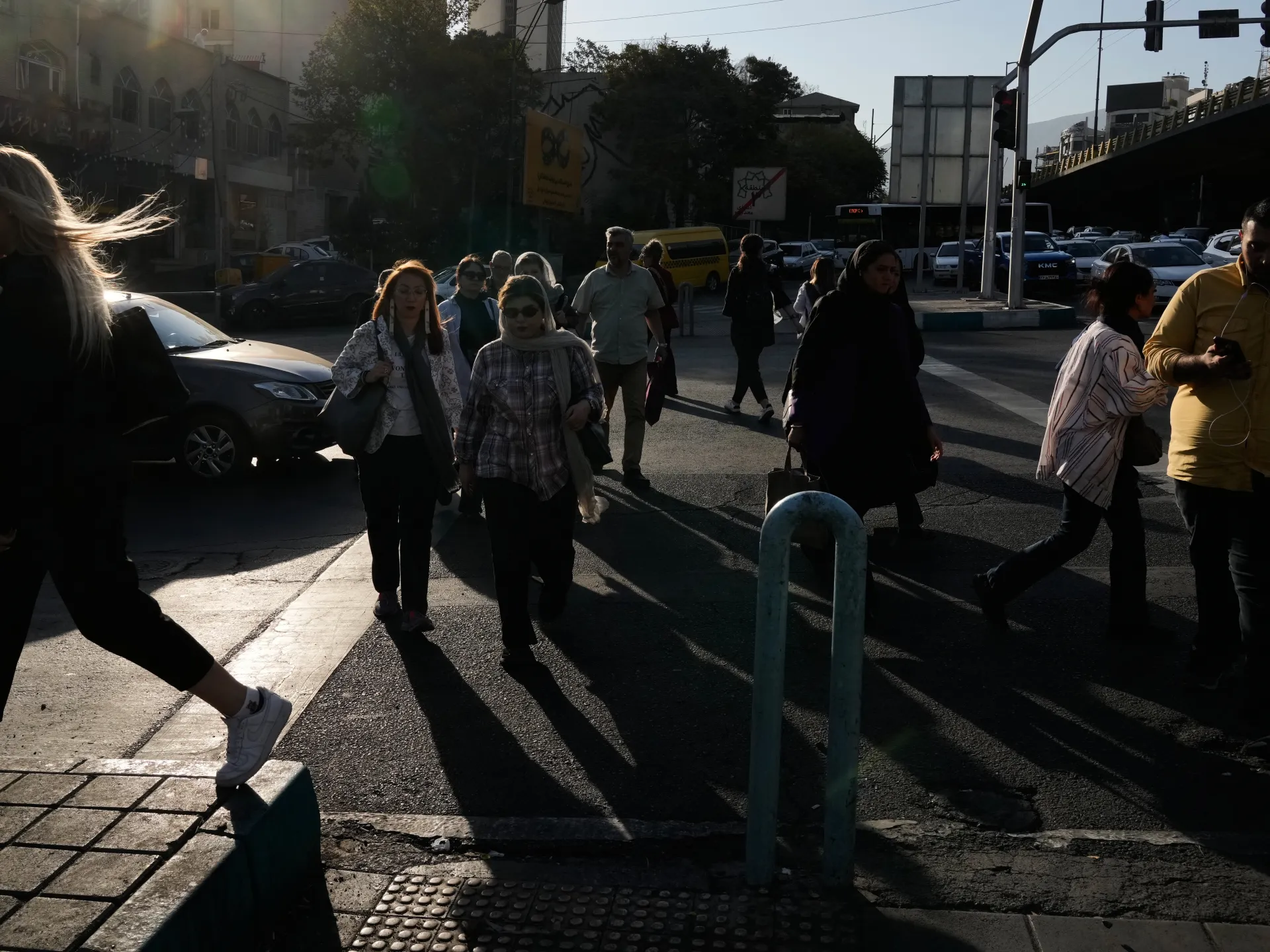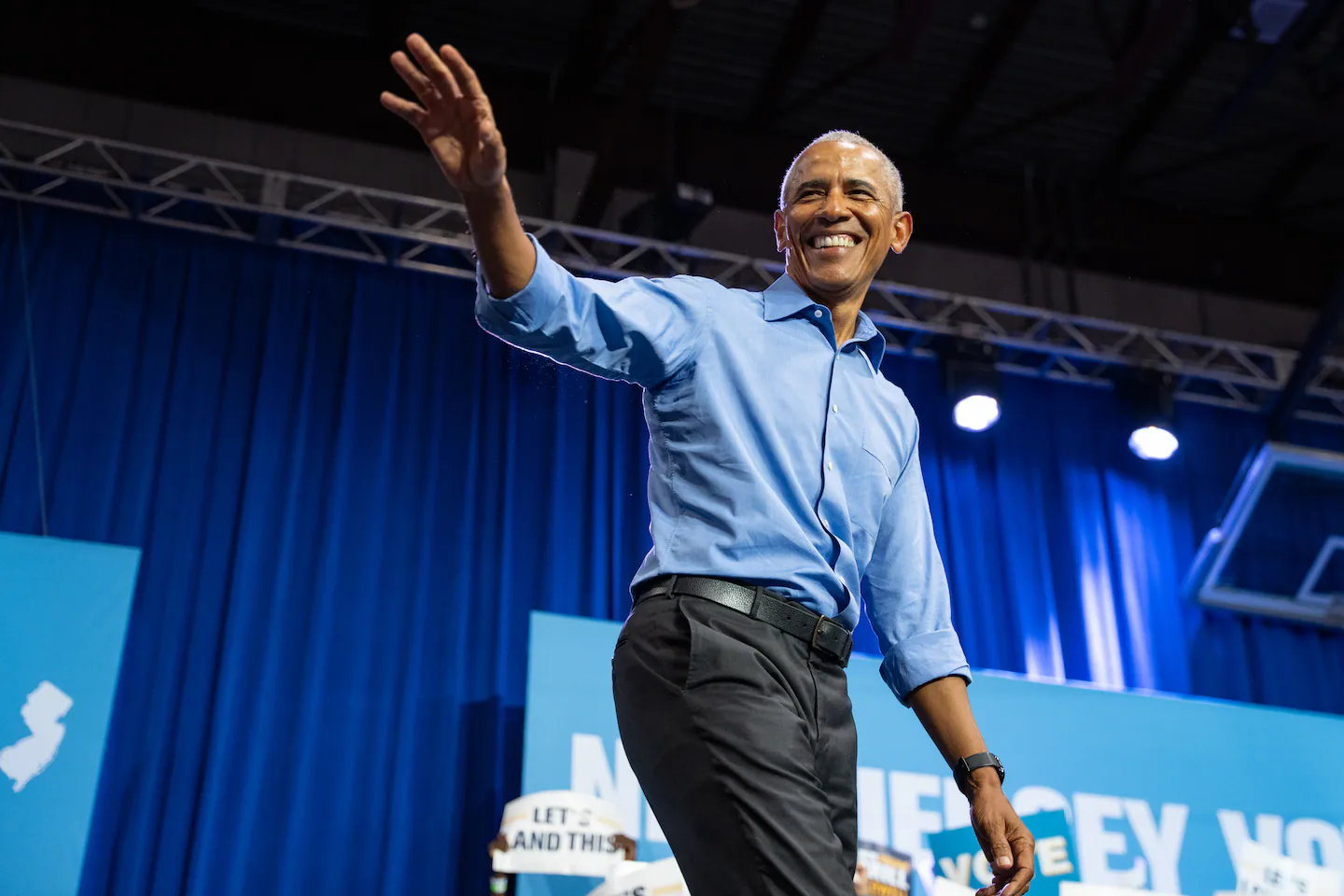Copyright deccanchronicle

In a world where a single scroll can take you from a cat video to a war zone, attention has quietly become the most traded and exhausting currency of our time. Everyone wants it: brands, influencers, politicians, even that new café down the street with neon-lit quotes and latte art made for Instagram. They want your focus, not time. Scroll through any social platform and you’ll see the pattern: a burst of dopamine, a flicker of emotion, and before you can process it, the next post is already there. The feed never ends. And neither does the chase. “Attention has replaced money as the primary unit of exchange in digital spaces,” says Dr. Radhika Mehta, a psychologist based in Mumbai who studies media behaviour. “People are not paying with cash. They’re paying with clicks, time, and engagement. Every second of your gaze online has a market value.” Attention Span Economy It’s an economy built not on products but on presence. Instagram, YouTube, and Facebook don’t sell you the videos. They sell your attention to advertisers. The more they can keep you hooked, the more valuable you become. Yet, behind every perfectly edited reel or viral sound, there’s a silent toll. “We are overstimulated but underconnected,” says Dr. Mehta. “Constant exposure to microbursts of content rewires our brains for novelty, not depth.” Scroll fatigue and the ‘shortened mind’ are a reality today. Ask any young professional, and they’ll admit – Focusing feels harder now. Jaya Singh (26) a marketing executive, says she often finds herself juggling five tabs at once, replying to messages while attending meetings. “My mind feels like a browser with too many windows open,” she laughs. “I can’t even finish a single thing without reaching for my phone.” This “attention drift” isn’t accidental. It’s engineered. Algorithms are fine-tuned to detect when you pause, when you skip, and what makes you linger. Every flick of your thumb feeds the machine that knows how to pull you back in. In India, researchers are finding growing evidence that our digital habits are reshaping how we focus. Studies now link excessive screen time and constant multitasking with lower attention accuracy and slower mental responses, especially among young adults. Out Of Focus A Hyderabad-based study, for instance, found that every extra hour of screen exposure increased reaction time and reduced focus during attention tests. Psychologists say it’s not intelligence we’re losing, but stillness. The ability to sit with one thought, one idea, one moment, without the urge to refresh it. The constant 24x7 connectivity has come at an emotional cost. The irony of this hyperconnected world is that it often leaves us feeling lonelier than ever. “We consume so much emotional content that we forget to process our own,” says Dr. Mehta. “When every story competes for empathy, we start rationing our emotions. Everything becomes background noise.” Vinay Nair (29), a content creator, confesses that being constantly online has blurred his sense of reality. “You start living for the algorithm,” he admits. “If a post doesn’t perform well, it feels like you didn’t perform well. Your self-worth starts syncing with your screen metrics.” This phenomenon, known as attention anxiety, is increasingly common among young professionals and creators. The relentless need to stay visible and relevant leads to what psychologists call “digital burnout” emotional exhaustion caused by the endless demand to engage. Digi Politics Mayhem It’s not just influencers and brands who compete for attention; politicians do too. The rise of digital politics in India has made the attention economy a powerful political tool. From viral campaign videos to WhatsApp forwards, political parties now design content to capture not just votes, but eyeballs. “Elections today are fought as much on screens as on streets,” says media strategist Shruti J. “The goal is no longer persuasion. It’s retention. If you can occupy the voter’s attention long enough, you can shape their perception.” From dramatic visuals to emotionally charged soundbites, political communication has become performance art. And in that performance, facts often take a back seat. “When attention becomes the goal, outrage becomes the strategy,” Shruti adds. “Because anger is sticky. People stay longer when they’re provoked.” The Price We Pay The attention economy isn’t inherently evil. It powers creativity, democratizes expression, and gives a voice to millions. But like any market, it runs on imbalance. A few platforms profit from the many who consume. Think of the last time you watched a film without checking your phone, or had a meal without documenting it. Distraction has become the default option, and focus feels like work. Over time, this constant toggling diminishes creativity, empathy, and even memory retention. “We’re not just scrolling through content,” says Dr. Mehta. “We’re scrolling through our own capacity to care.” Reclaiming...



